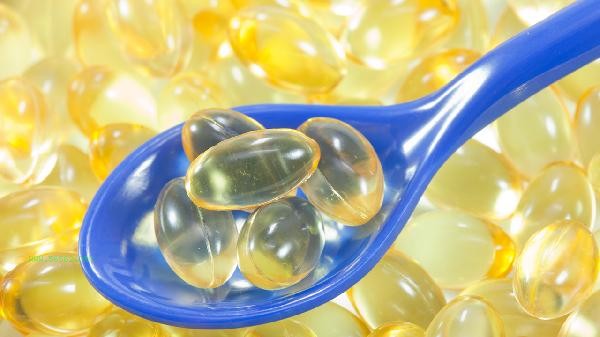Supplementing with vitamin B2 can be achieved through animal liver, egg and dairy products, dark vegetables, nuts and grains, and dietary supplements. Vitamin B2 deficiency may be related to factors such as imbalanced diet, gastrointestinal absorption disorders, metabolic abnormalities, drug interference, or special physiological needs.

1. Animal liver
Pig liver, chicken liver, and other animal livers are high-quality sources of vitamin B2, containing approximately 1-2 milligrams per 100 grams. It is recommended to consume 1-2 times a week, using steaming or stir frying methods to reduce nutrient loss. Individuals with abnormal liver function should control their intake.
2. Egg and dairy products
Egg yolks and whole milk contain rich vitamin B2, with approximately 0.2 milligrams per 100 milliliters of milk. Lactose intolerant individuals can choose yogurt or cheese as a substitute, with 1-2 servings per day sufficient to meet some of their needs.
3. Dark vegetables
Spinach, broccoli and other dark green vegetables are rich in vitamin B2, and stir frying over high heat can retain more nutrients. Cooking with a small amount of oil helps with the absorption of fat soluble vitamins, and vegetarians should increase their intake of such foods.

4. Nut Grains
Whole grain foods such as almonds and brown rice contain natural vitamin B2, but are prone to loss during processing. Choosing unrefined grains and avoiding prolonged soaking can maximize the retention of nutrients.
5. Dietary supplements
For severe deficiencies or special populations, vitamin B2 tablets can be used under the guidance of a doctor. Supplements should be avoided from being taken with alkaline drugs, as long-term high-dose use may cause reactions such as yellow urine staining.

Vitamin B2 can be supplemented daily through a diverse diet, with a recommended daily intake for adults of 1-1.3 milligrams. When cooking, be careful to avoid excessive washing and prolonged high-temperature treatment, and prioritize choosing fresh ingredients. When symptoms such as angular stomatitis and glossitis appear, it is recommended to seek medical examination and develop a personalized supplementary plan. During special periods such as pregnancy or chronic disease patients, dietary adjustments should be made under the guidance of a nutritionist.



Comments (0)
Leave a Comment
No comments yet
Be the first to share your thoughts!